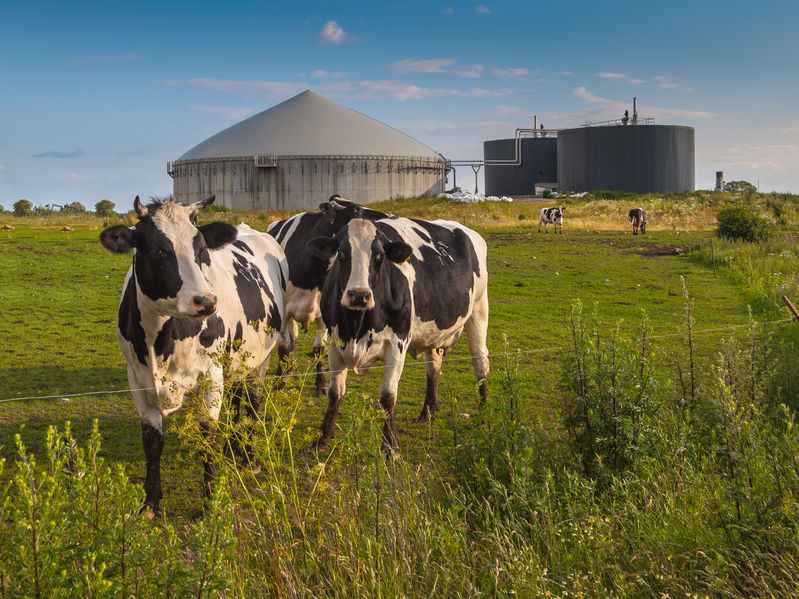
The Anaerobic Digestion and Bioresources Association (ADBA) has called for 'more ambition' for anaerobic digestion from the government in its response to the Feed-in Tariff consultation, which was submitted yesterday.
The consultation, which considers tariff levels and scheme rules from 2017, proposed to leave ‘caps’ on annual support for new anaerobic digestion projects at 20MW per year, compared to the 46MW installed in 2015 and 63MW in 2014.
ADBA Chief Executive Charlotte Morton said: "This consultation has failed to address the big issue in the Feed-in Tariff: the government is restricting the anaerobic digestion sector to less than 20MW of new capacity a year when we could deliver five times more.
"As the Committee on Climate Change has recognised, delivering more AD capacity is vital to meet the UK’s carbon budgets – and it would help energy security by adding 10% to the UK’s capacity margin by winter 2018.
"The new government has a big opportunity to make UK energy supplies more self-sufficient, more secure and more green. Showing more ambition for AD in the Feed-in Tariff would be a great start."
'Serious impact'
Cuts would take effect from January 2017 and are anticipated to have a serious impact on the biogas industry, with the proposed changes likely to end many AD projects planned in the UK, particularly farm based schemes.
If the cuts go ahead, support for small and medium scale AD plants up to 500 kilowatts of electrical power (kWe) would be reduced by 27% compared to current tariff levels.
Such reductions would be well below the minimum viable levels recently recommended to the government by the Renewable Energy Association (REA) and ADBA.
The cuts 'represent a severe blow to the rural economy, circular economy, and a setback for the UK’s decarbonisation efforts,' the REA said.
